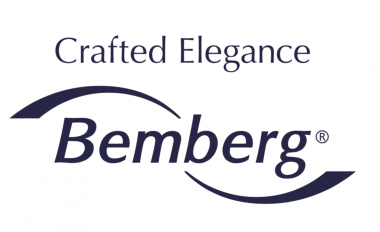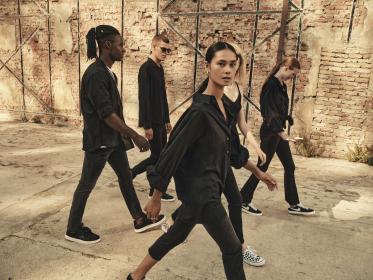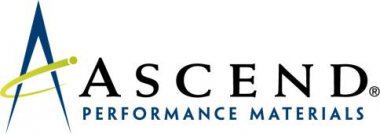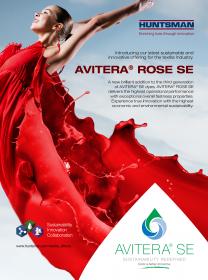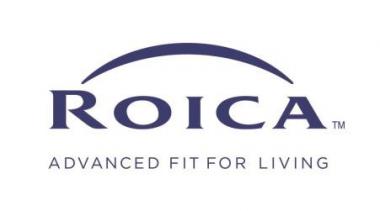INNATEX 49 postponed for a month due to coronavirus situation
- International trade fair for Green Fashion to take place in February
The Winter edition of INNATEX will not take place as planned in January, but is being postponed by one month. In changing their plans, the organisers MUVEO GmbH have reacted rapidly to the latest forecasts from the virus experts and to the changing situation regarding the spread of the Omicron variant in January, which remains unpredictable. They intend to offer a new date in mid- or late February; they are currently consulting the exhibitors and expect to reach a conclusion in the next few days.
“We are in regular discussions with our exhibitors and partners, and we know that the Green Fashion community needs a platform for winter ordering,” said Alexander Hitzel, INNATEX Project Manager. “In view of the fact that other live events have been cancelled this season, we see it as our duty more than ever to facilitate a gathering where products can be presented, orders can be taken and people can network – even if conditions are more difficult again.”
It had not yet been decided, he said, what adjustments the organisers would ultimately be making to the original concept with its various programme elements, to ensure compliance with the guidelines in force during the event. “We are in constant contact with the authorities but we will have to await developments before we can move on to the configuration of the event,” Hitzel continued.
MUVEO GmbH is one of a very small number of fair organisers that has managed to put on a safe six-monthly ordering platform throughout the entire pandemic, with a comprehensive hygiene policy and practice. Hitzel stresses that the same will be achievable this time.
INNATEX
UBERMUT GbR for Innatex
















